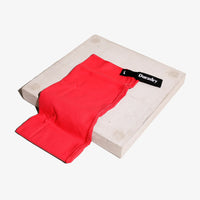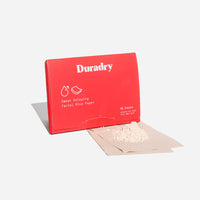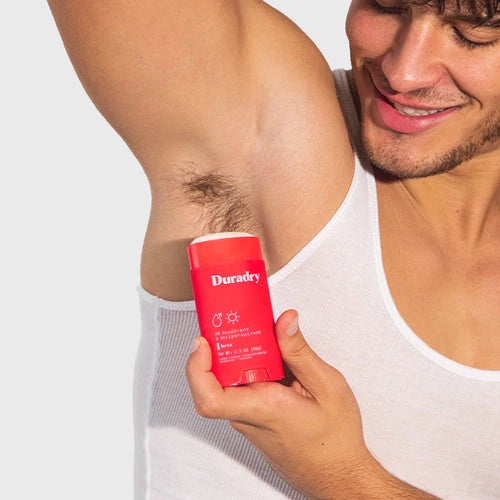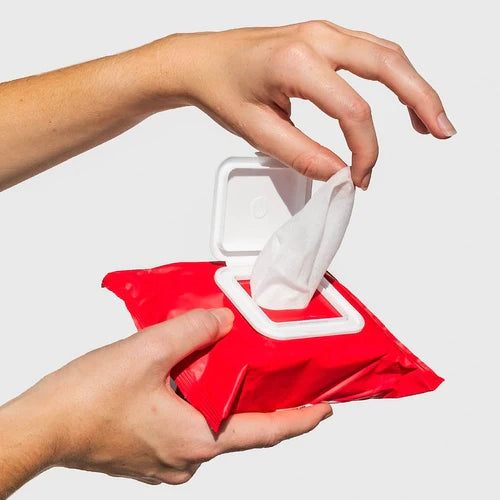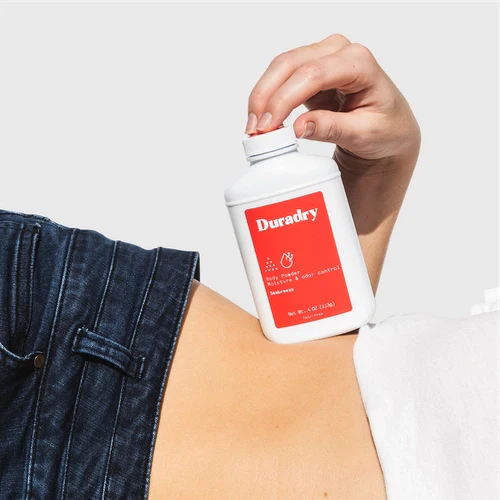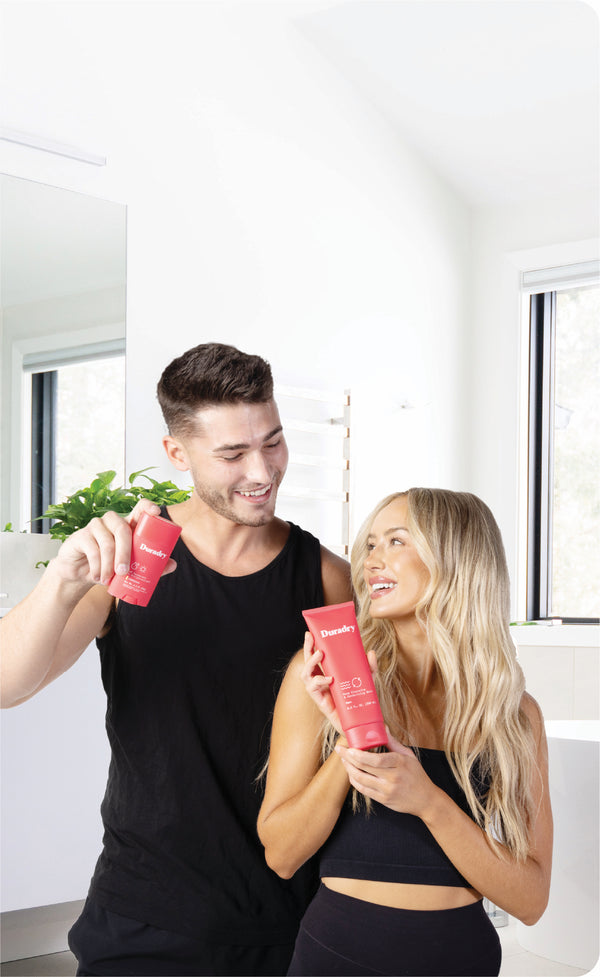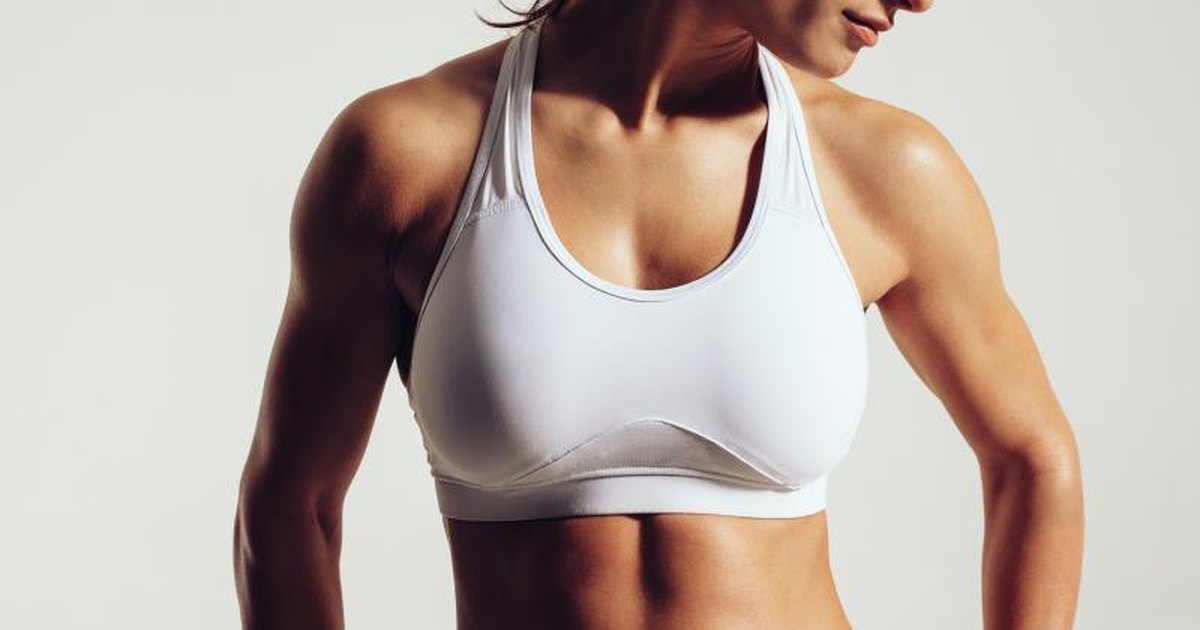There are a few reasons why your breasts may sweat and smell. One is that sweat and oils can accumulate in the breasts due to a variety of factors, such as exercise, heavy sweating, or hormonal changes. Another reason is that the milk ducts in the breasts may become clogged and release sweat and oils, that`s why some women refer their boobs smells like milk or cheese.
Some women may develop hyperhidrosis (excessive sweating) due to other medical conditions, such as anxiety or premenstrual syndrome. If you're concerned about your breast sweat and smell, speak to your doctor or dermatologist for more information.
Under boob sweat is usually most noticeable during the early morning hours, when the body is releasing more hormones. Some women also experience breasts sweat and smell in response to stress or physical exertion.
Causes of Sweat Under Breasts
The causes can vary from woman to woman but there are some general factors that tend to contribute:
1.Hormones
One of the primary causes of breast sweat and smell is the release of hormones. These hormones can be responsible for causing increases in body heat, which then leads to the secretion of sweat from the skin. If you are breastfeeding, these hormones may also lead to an increase in milk production, which can cause a characteristic odor around breasts.
2.Genetics
Certain genes are known to play a role in determining how easily a person sweats and smells their own bodily fluids. This means that one's degree of sweating and smelling may be partially hereditary.
3.Lifestyle
Lifestyle choices such as smoking, drinking alcohol, exercising vigorously, or being overweight can all increase the production of sweat and odor.
4.Climate
Climate can also play a role in your ability to sweat and smell. For example, humid conditions can lead to an increase in breast sweat and smell, while dry air may cause sweating to be more severe.
5.Medications
Certain medications can also contribute to breast sweating or odor, including anxiety medication, antidepressant medications such as SSRIs (selective serotonin reuptake inhibitors), birth control pills, anticonvulsants such as seizure drugs lithium carbonate (Lithobid), chemotherapeutic agents used before surgery like methotrexate (MTX) and cisplatin, and hormone replacement therapy. Corticosteroids like prednisone can suppress the production of sebum, which could lead to a decreased ability to sweat and an increase in the production of odor. Also medications for treating thyroid problems like levothyroxine can lead to increased sweating and odor.
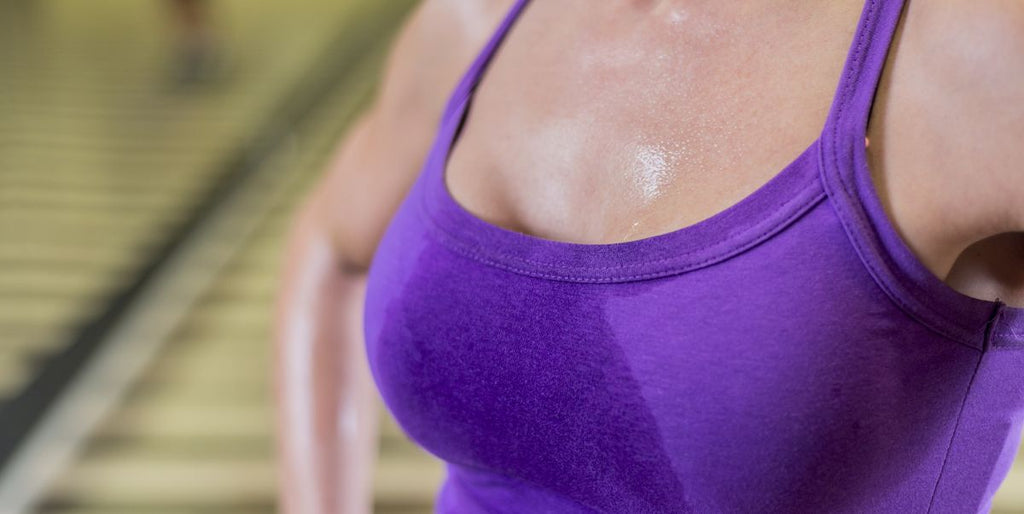
Surgery as a Cause of Under Breasts Sweating
Some surgeries can also cause sweat and odor problems in breast. These include:
- Breast augmentation: A significant increase in the size of a woman's breasts may cause her to produce more sweat and bacteria.
- Mastectomy: If a woman has undergone a mastectomy, the removal of her breasts may leave behind scar tissue that can block sweat from escaping and result in an increase in the production of smells related to inflammation or infection.
- Weight loss surgery: Surgery that significantly reduces a person's body weight like bariatric surgery can also lead to sweating and an increased likelihood of developing an offensive body odor.
- Liposuction: Fat cells that are removed during liposuction may release sweat and bacteria.
Do Breast Implants Can Cause More Sweat?
A number of factors can influence whether or not breast implants will cause sweat and odor problems. These factors include:
- The type of implant used: Silicone gel-filled implants are generally less likely to cause sweat and odor problems than saline (water) filled implants, but there is still a chance that they may do so.
- Age: As women age, the production of sebum (sweat) tends to increase, which may lead to an increased likelihood of sweating and odor problems with breast implants.
- Body composition: Women who have more body fat around their breasts are more likely to experience sweat and odor problems with breast implants.
- Genetics: Some women are simply more prone to experiencing sweat and odor problems with breast implants than others.
- Infection: If a woman develops an infection near the implant, this can increase her risk of experiencing sweat and odor problems.
- Pre-existing conditions: Certain health conditions like obesity or diabetes can also lead to increased sweating and the production of odor related hormones. If you are experiencing sweating and odor problems with your breast implants, talk to your doctor about the best ways to manage them.

How to get rid of smell under breasts?
There are a variety of remedies that can be used to reduce breast sweat and smell. Some of these remedies include:
- Drinking plenty of fluids. This will help to decrease the amount of sweat produced from the skin and overall improve hydration levels. Additionally, staying well-hydrated can also help to reduce anxiety and stress, which may lead to an increase in sweating.
- Using cooling compressions or ice packs on the breasts during episodes of intense sweating. These cold treatments can help Reduce body heat, leading to less secretion of sweat and odor.
-Having your breasts massaged regularly with essential oils, like lavender oil, can also help to reduce breast smell.
- Practicing stress management techniques. Reducing stress can help to reduce inflammation and anxiety, which in turn could lead to less production of sweat and odor from the skin.
- Eating a balanced diet that includes plenty of fresh fruits and vegetables, as these foods are high in hydration levels and nutrients that can help reduce sweating.
- Taking supplements like magnesium, ashwagandha and omega-3 fatty acids to help improve hydration levels and reduce sweating.
-Using an antibacterial soap under your breasts and all around, instead of regular or moisturizing soap.
-Using antiperspirant and deodorants to kill bacteria and stop excessive sweating.
Tips for preventing under boobs sweat (and smell)
One of the most important things that women can do to avoid developing an offensive body odor is to keep their body clean and free from sweat and bacteria. This means showering regularly, washing their hair frequently, and avoiding activities that lead to excessive sweating.
In addition, they should use odor- neutralizing products like deodorants or antiperspirants if they experience difficulty controlling their sweat and bacteria levels.
Finally, they can try using breast compression bras or clothing that covers more of the skin surface in order to reduce the amount of sweat that escapes from their bodies.
Another alternative to absorb sweat and avoid chafing is using a breast sweat pads. Breast sweat pads act as a barrier between the bra and the skin, the bra liner helps to protect the skin from chafing, prevents rashes and skin irritation.
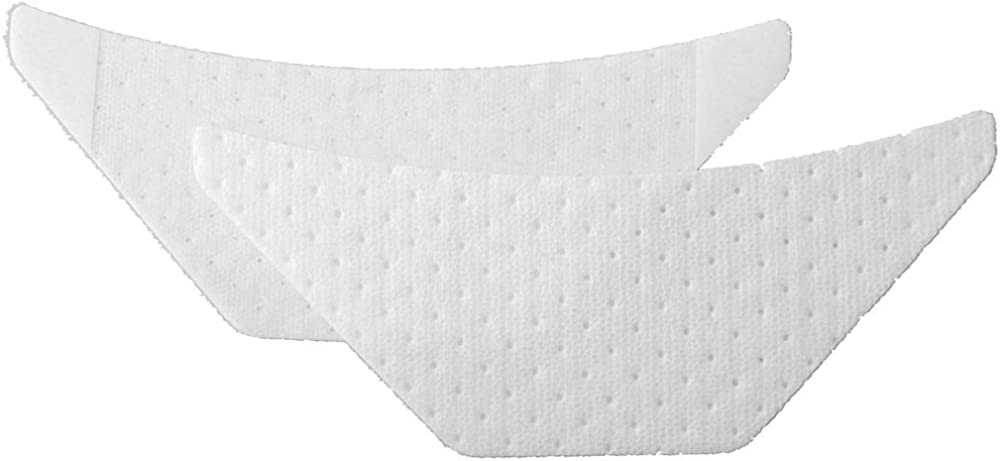
Sweat, especially under your boobs can be embarrassing and even uncomfortable. At Duradry we know how important it is to prevent sweat from ruining the comfort of your undergarments. That’s why we have come up with our 3-Step system that prevents excessive sweat and fights odor fast! No more unnecessary embarrassment for you.


